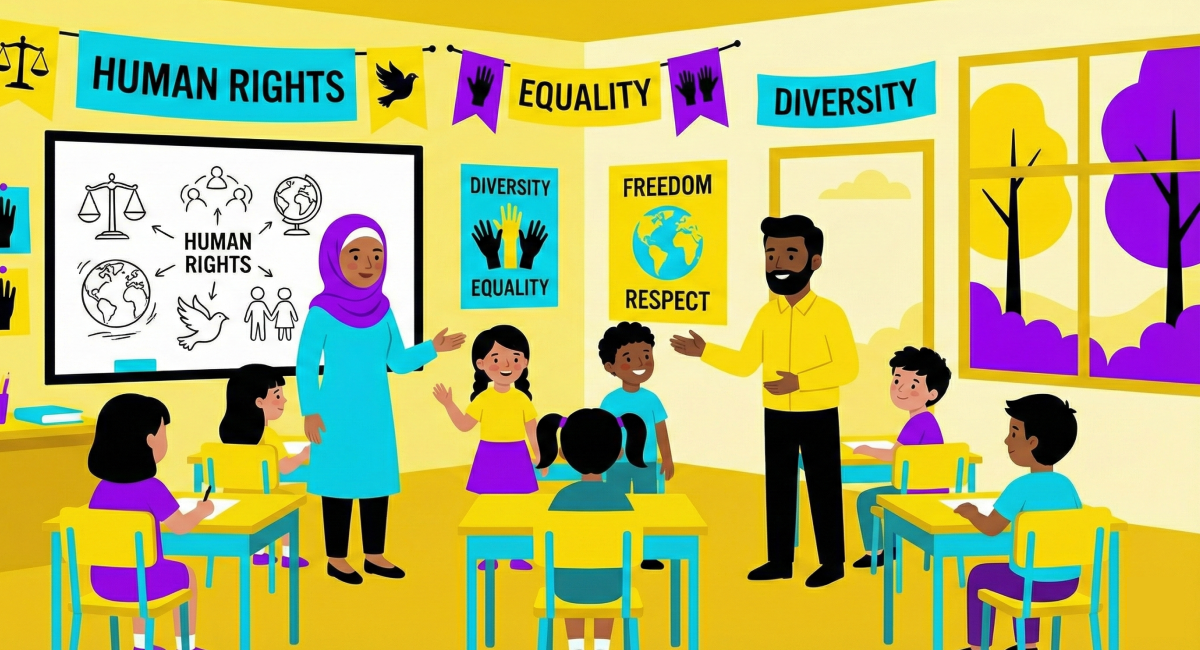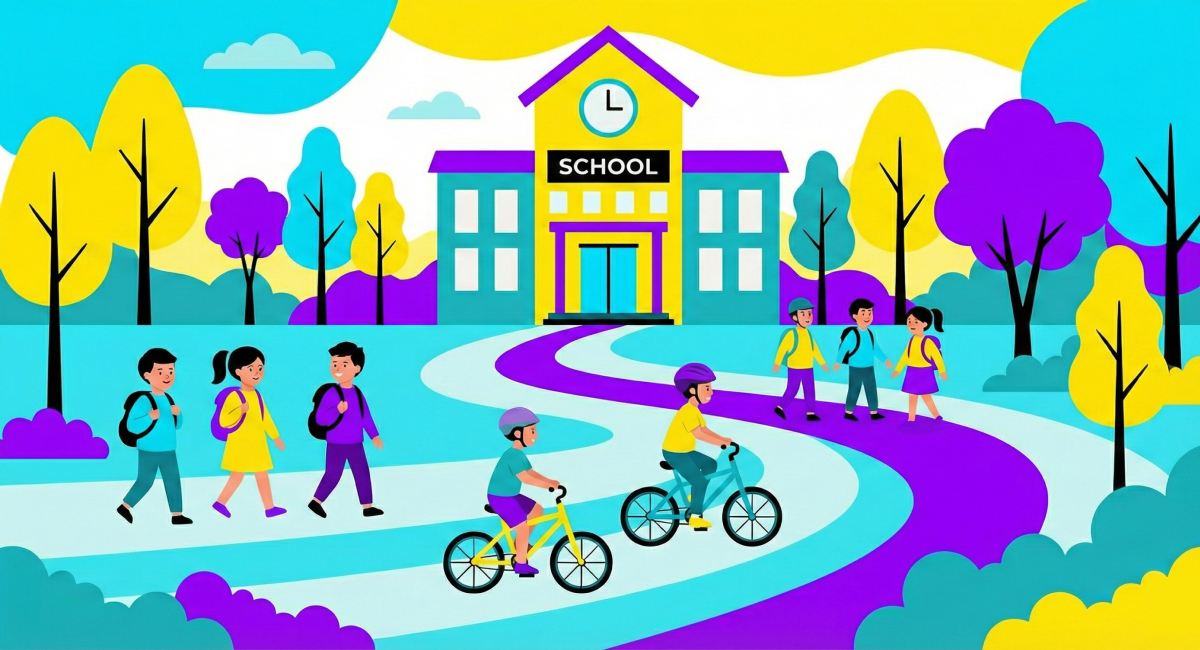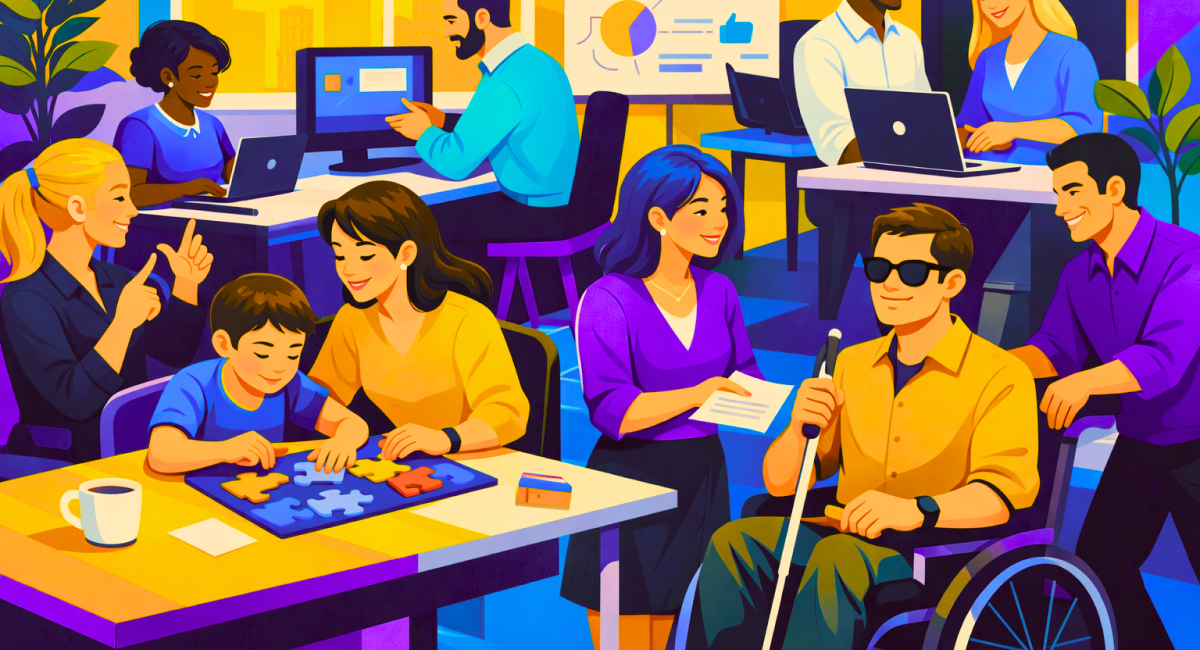Embracing Agile Learning: Insights from Nuria Coco
In a dynamic audio interview, Nuria Coco, an Agile Learning practitioner at Senbazuru Agile Learning Center in Spain, shared her journey and experiences in promoting and implementing Agile Learning methodologies. Her story is not only inspiring but also provides valuable insights into the future of education in Europe.
Read the full interview in English here

Nuria’s journey began in 2018 when she joined Senbazuru ALC, a community within Origami for Change, located in Madrid, Spain. Initially participating in facilitating children's circles, she gradually trained in Agile methodologies through hands-on experience and structured training sessions. Her dedication led her to visit Agile Learning Centers in Mexico, enriching her understanding of the methodology and how it operates in different cultural contexts.
Empowering Through Agile Methodologies
A memorable experience for Nuria was a "Change Up Meeting" where the power of Agile tools to redistribute power became evident. During a meeting, a child expressed that mandatory end-of-day circles disrupted their activities. This led to a collaborative discussion where both facilitators and children shared their perspectives. Eventually, they devised a system where children could use a “joker” to skip the circle, balancing the structure's importance with the children's autonomy. This moment highlighted the genuine power-sharing aspect of Agile Learning, where all participants' voices are valued.
"For me, this was a key moment of understanding agile methodology and what self-direction and power sharing really means."

Agile Learning & Navigating the Pandemic: Challenges and Innovations
The COVID-19 pandemic posed significant challenges for Senbazuru ALC, particularly in maintaining the self-directed and interactive nature of Agile Learning in an online environment. They utilized Google Classroom and Google Meet to facilitate remote learning. Despite the difficulties, including varying levels of digital access and the challenge of engaging younger children, some advantages emerged. The digital tools allowed for flexible project development and fostered a unique closeness as families and facilitators shared their home environments via video calls.
"The digital tools often divide... not everyone had the possibility of having a computer available to their daughters and their children in the morning."
Post-pandemic, the reliance on digital tools decreased as in-person learning resumed. However, some tools like interactive presentations and graphic facilitation continued to enhance project presentations. Senbazuru ALC, valuing minimal digital interaction for younger children, uses digital resources selectively to enrich the learning experience without overwhelming it.
Nuria participated in a hybrid hackathon under the Erasmus Plus program, focusing on food waste. This experience demonstrated the potential of hybrid learning environments to connect diverse groups for collaborative projects. She envisions Agile Learning in a hybrid format fostering multicultural interactions and shared projects worldwide, enhancing both learning and cultural exchange.
According to Nuria, digital tools offer versatility and the potential to support self-directed learning. They enable learners to organize and manage their projects efficiently, integrating various stages of the Agile Learning cycle seamlessly. Nuria sees the future of education shifting from content-based to competency-based learning, where digital tools play a crucial role in this transformation.
“I imagine a hybrid agile learning environment could really be something very multicultural, where people from different parts of the world could come together to develop projects, to answer questions about topics that have a common interest."

Reflections on the Future of Education
Nuria predicts a shift towards more sustainable and competency-focused education models, moving away from uniform curriculums. While digital tools and AI will drive significant changes, she cautions that resource limitations may impact the extent of digital integration. The key lies in using these tools to genuinely enhance learning rather than as superficial additions.
"The content model in education is no longer sustainable... we have to look more from a competency perspective."
In summary, Nuria Coco’s insights underscore the transformative power of Agile Learning. As European education explores agile initiatives, her experiences at Senbazuru ALC offer a valuable blueprint for fostering self-directed, inclusive, and dynamic learning environments.
"The future is to continue promoting and favoring self-direction of learning and knowing how to lead and at the same time knowing how to share."








